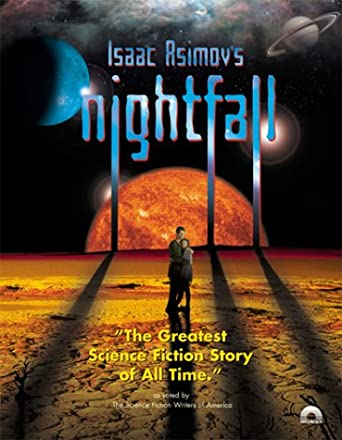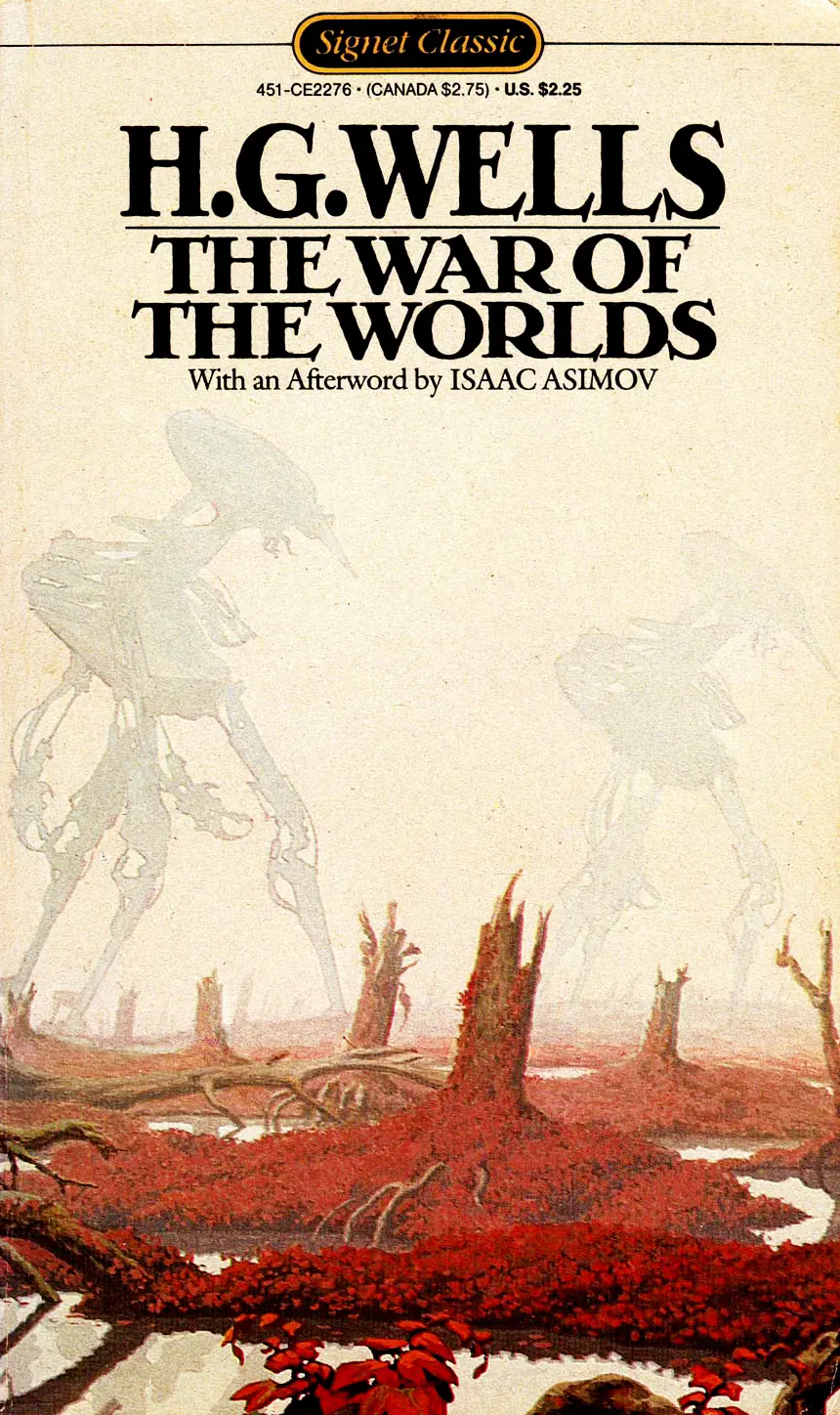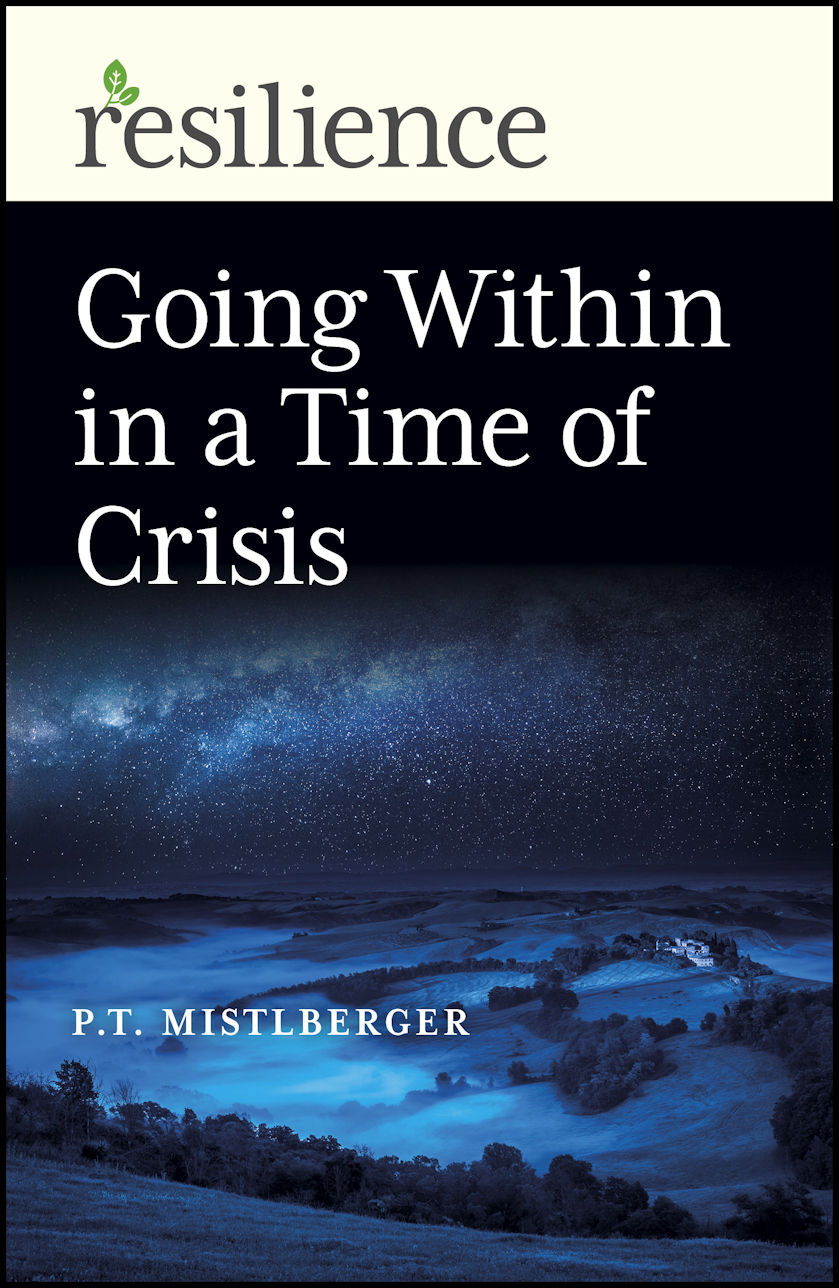Going Within in a Time of Crisis
In March of 2020, with the world in the midst of a global pandemic, I was contacted by Tim Ward, my publisher at Changemakers Books. He told me that his publishing house was launching a series of short books under the general heading of 'Resilience', each to be written by experts in their field, and as he had recently published my book for men (The Way of the Conscious Warrior), he asked me to write a book for men in relation to the current crisis. After a couple of email exchanges it soon became clear that a better idea was to write a general book for anyone, not just men. After a bit of a stumble out of the starting block as Tim initially demurred on my first awkward draft, I became clear about what exactly I felt drawn to write about, and the revised draft I submitted ended up as the present book, with the title Going Within in a Time of Crisis.
So much has been said or written already about the novel coronavirus known also as COVID-19, running the vast gamut from credentialed scientific and medical views to partisan politics to dubious and deranged conspiracy theories. I didn't feel drawn to wade into that area. Instead I offer up a short book of just over 22,000 words (about 80 pages) outlining some general guidelines for self-examination, self-understanding, and self-maintenance during difficult times. The theme is Gandhian: 'be the change you want to see in the world'.
Of course, not everyone has the luxury of extensive self-examination in times as these, where many have been hit hard in their pocketbooks, far more than have actually gotten the disease. However, 'going within', as meant in the context of this book, is not about some insular self-congratulatory inner practice that relieves one of basic responsibilities, or of the need to communicate clearly with those who are in our lives. It rather has more to do with an attitude, and an interest in using a difficult crossroads in one's life in the service of growth and understanding, rather than endless distractions, festering resentments, mindless trivia, unconsciousness, and death.
As a boy and young man growing up in the 1960s and 70s I was a pretty serious science-fiction buff. One of my favorite authors was Isaac Asimov (1920-1992). Asimov was extraordinari ly prolific, and wrote on a wide range of topics, everything from sci-fi, to popular science, and even religion. In 1941, at the age of just 21, he'd published a short story called Nightfall. The story appeared in the midst of World War Two, when the world was on collective edge. The theme of Asimov's tale was apocalyptic, based on the idea of an alien solar system comprised of 6 suns (compared to our own, which has but one). Because the alien planet in question has six suns, it only knows nightfall about once every two thousand years. The civilization has no real records or memories of the last event, and so the idea of a night time for them is simply myth, and no one really believes it.
ly prolific, and wrote on a wide range of topics, everything from sci-fi, to popular science, and even religion. In 1941, at the age of just 21, he'd published a short story called Nightfall. The story appeared in the midst of World War Two, when the world was on collective edge. The theme of Asimov's tale was apocalyptic, based on the idea of an alien solar system comprised of 6 suns (compared to our own, which has but one). Because the alien planet in question has six suns, it only knows nightfall about once every two thousand years. The civilization has no real records or memories of the last event, and so the idea of a night time for them is simply myth, and no one really believes it.
Part of the myth is that when nightfall really comes, all these stars in the sky will appear. In Asimov's tale, when the nightfall does in fact occur, and the stars really do come out, the people go insane, because they cannot adapt to something they don't believe can be happening. To save themselves, they start to light fires, thinking they will need the light. These fires gradually burn down their cities. Asimov ended the tale with the line, The long night had come ag ain.
ain.
The connections between that short story written almost 80 years ago and the current global pandemic need not be emphasized, but should be clear enough. The story has to do with the fear of the unknown. We humans are enormously resilient creatures, in general, but we also have a collective dislike for the unknown and tend to be at our worst when confronting it.
Nightfall was certainly not the only dystopian tale from literature that can be associated with the 2020 pandemic and the global response. Other ones are H.G. Wells' War of the Worlds (written in 1897), in which the invading Martians are defeated not by humanity's military might, but rather by microscopic pathogens to which they had no immunity; or William Gibson's Neuromancer (1984), the first sci-fi novel to really deal with the 'matrix' and its interlocking network that brings us so much closer even as it paradoxically keeps us apart.
At any rate, my book Going Within in a Time of Crisis is, as with all the books in the Resilience series, a short one, just over 22,000 words or about 80 pages. I've never written a book shorter than 90,000 words (300 pages) so this was a stretch for me. Also, I no longer write fast, so the deadline of about two weeks was an even greater stretch. Tim's emails exhorting the Resilience authors to 'write like the wind' were as necessary as they were annoying. But I'm grateful for the push. We humans usually do better with deadlines.
